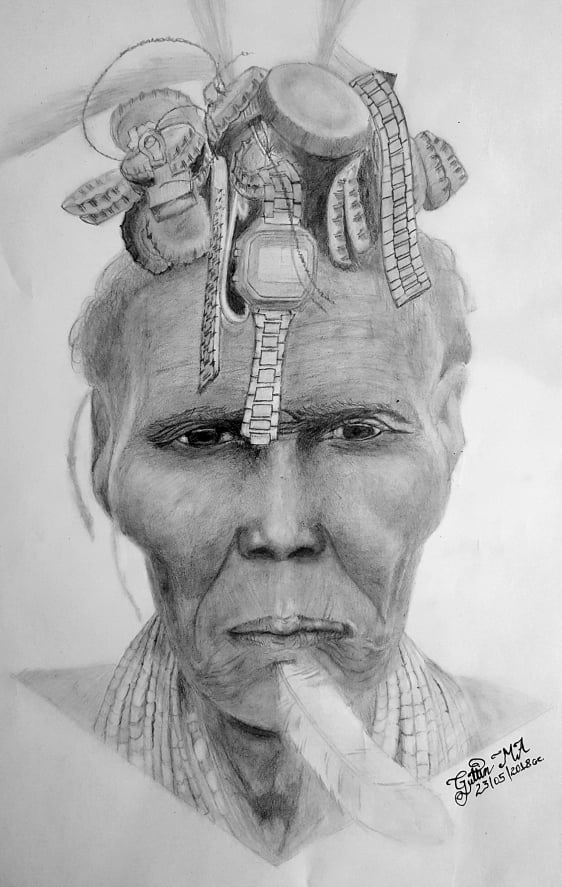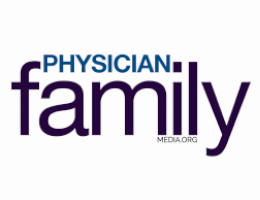Dr. Yohannes Mengistu
From the rural district hospital to the bustling capital city, Dr. Yohannes Mengistu’s medical journey in Ethiopia has been nothing short of transformative. In this blog, join Dr. Mengistu as he shares the challenges, rewards, and insights gained while transitioning from a dedicated clinician to a healthcare leader. Discover the delicate balance between providing quality healthcare and driving improvements within Ethiopia’s fragile healthcare system.
The call for leadership resounded within me as I witnessed firsthand the challenges plaguing Ethiopia’s healthcare industry and the burdens borne by both healthcare professionals and patients. It became evident that the issues at hand could not be adequately addressed through a purely clinical approach that focused solely on individual patients. A holistic approach was required, one that extended beyond the hospital walls and considered the well-being of entire communities. For instance, I encountered cases where a farmer, the sole provider for a family of seven to ten people, was successfully treated for tuberculosis in the hospital. However, without effective strategies to prevent transmission within the household, the risk remained. This realization fueled my desire to make a broader impact by delving into policymaking, leading teams, and managing hospital response systems by bringing a comprehensive perspective that considers both individual patient care and population health. Moreover, I recognized that in rural Ethiopia, managerial positions were often occupied by individuals without a medical background, partly due to the limited motivation among clinicians to take on such roles. This further motivated me to step up, bring my medical expertise to the table, and strive for quality healthcare that improves patient and staff satisfaction.
Navigating the transition from a clinical role to a leadership position presented me with a set of unique challenges. One of the most significant hurdles was adapting my mindset to the different cultural dynamics between my medical journey as a clinician and the office/management environment. In medical school, the focus was primarily on the straightforward process of presenting patient histories, conducting physical examinations, and seeking immediate guidance from seniors or consultants. Respect for and deference to one’s senior was paramount. However, in the office setting, I needed to acquire new skills such as negotiation, team management, persuasion, active listening, conflict resolution, and preparing presentations. The shift in responsibilities meant long hours of discussions, handling meetings, fostering collaboration, driving organizational change, and implementing administrative measures, which at times strained relationships with staff members. Additionally, one of the personal challenges I faced was the realization that my time for practicing medicine, which is my core profession and passion, was significantly reduced.

Leading through collaboration and fostering a cohesive team have been two of the most invaluable lessons I’ve learned in my leadership journey. As an Operating Room Department director, it became clear to me that without a team aligned towards a shared goal, achieving the desired outcome would be challenging. In the complex environment of the operating room, where surgeons, scrub nurses, anesthesia professionals, and other team members work together, building strong relationships was crucial. These teams are highly skilled in their respective areas but often face challenges due to the intricate nature of surgical procedures. However, it wasn’t just the internal collaboration within the operating room that required attention. It was equally vital to foster collaboration with horizontal and vertical departments, such as the pharmacy, laboratory, liaison, inpatient departments, and administrative directorates, as their performance directly influenced the daily functioning of the operating room. Creating a collaborative environment became a mandate, which not only improved internal communication skills but also extended to external collaborations with other hospitals, regional health bureaus, and the Ministry of Health. I witnessed firsthand the positive impact valuing diverse perspectives, empowering team members and fostering collaboration at various levels had on patient care, operational efficiency, and overall organizational success.

Overcoming the challenges I encountered as a leader has been a continuous learning process, shaping me into the person I am today—an attentive and resilient true leader. One of the foremost challenges I faced, and continue to face, is managing resistance to change. I believe it is a natural challenge, as not everyone is an innovator or an early adopter. Recognizing this, I implemented strategies to address this resistance head-on. One effective approach I found was to form multidisciplinary teams, such as clinical audit teams, quality improvement teams, and incident management teams, composed of selected staff members. By empowering them and delegating responsibilities, I encouraged their involvement in decision-making processes. This not only fostered a sense of ownership but also allowed them to take issues into their own hands and contribute to positive change. Additionally, strict time management has been crucial. As the demands for my time are high, I allocate dedicated periods to engage with customers, staff, and stakeholders, involving the team in every step of the decision-making process. Patience has proven to be a vital virtue in my leadership journey. The culture of leadership differs from the clinical culture I was familiar with, and it requires navigating the complexities of influencing stakeholders through voluntary compliance. When requesting assistance, guidance, support, funds, or medical equipment, I have learned to patiently work towards voluntary cooperation, understanding that outcomes are often determined by the person on the receiving end of the request email.
In conclusion, taking on a leadership position in the healthcare sector has brought me both professional rewards and personal fulfillment. Witnessing the positive impact on patient outcomes, staff morale, and the overall success of the department has been immensely rewarding. Embracing a leadership role gave me the opportunity to influence policies, drive organizational change, and contribute to the improvement of healthcare delivery. Beyond the accolades and achievements, the journey from clinician to department director has provided me with invaluable experiences and skills that extend beyond my clinical practice. It has shaped my time management abilities, enhanced my relationship-building skills, and fostered outstanding communication skills. Moreover, connecting with key organizations and individuals has opened doors to new opportunities. I am humbled to have been recognized as the best department director of the year 2021/22, following the successful completion of two quality improvement projects published in the national quality bulletin. I encourage all aspiring healthcare professionals to nurture their leadership abilities and embark on their own transformative journey, making a broader impact in healthcare and positively shaping the future of our profession.

Dr. Yohannes Mengistu serves as the Operating Room Department Director at Menelik II Comprehensive Specialized Hospital in Addis Ababa, Ethiopia. His passion for healing extends beyond the operating room, as he channels his creativity into original artwork, which often graces the pages of this blog. Dr. Mengistu’s multifaceted journey has been acknowledged with the prestigious Swedish Institute Scholarship for Global Professionals (SISGP), an honor that will soon lead him to Stockholm to pursue his master’s degree. His artistry and expertise have also been showcased in Physician Family Magazine and the Physician Family Blog. To connect and learn more, you can contact him at guttinma@yahoo.com.
